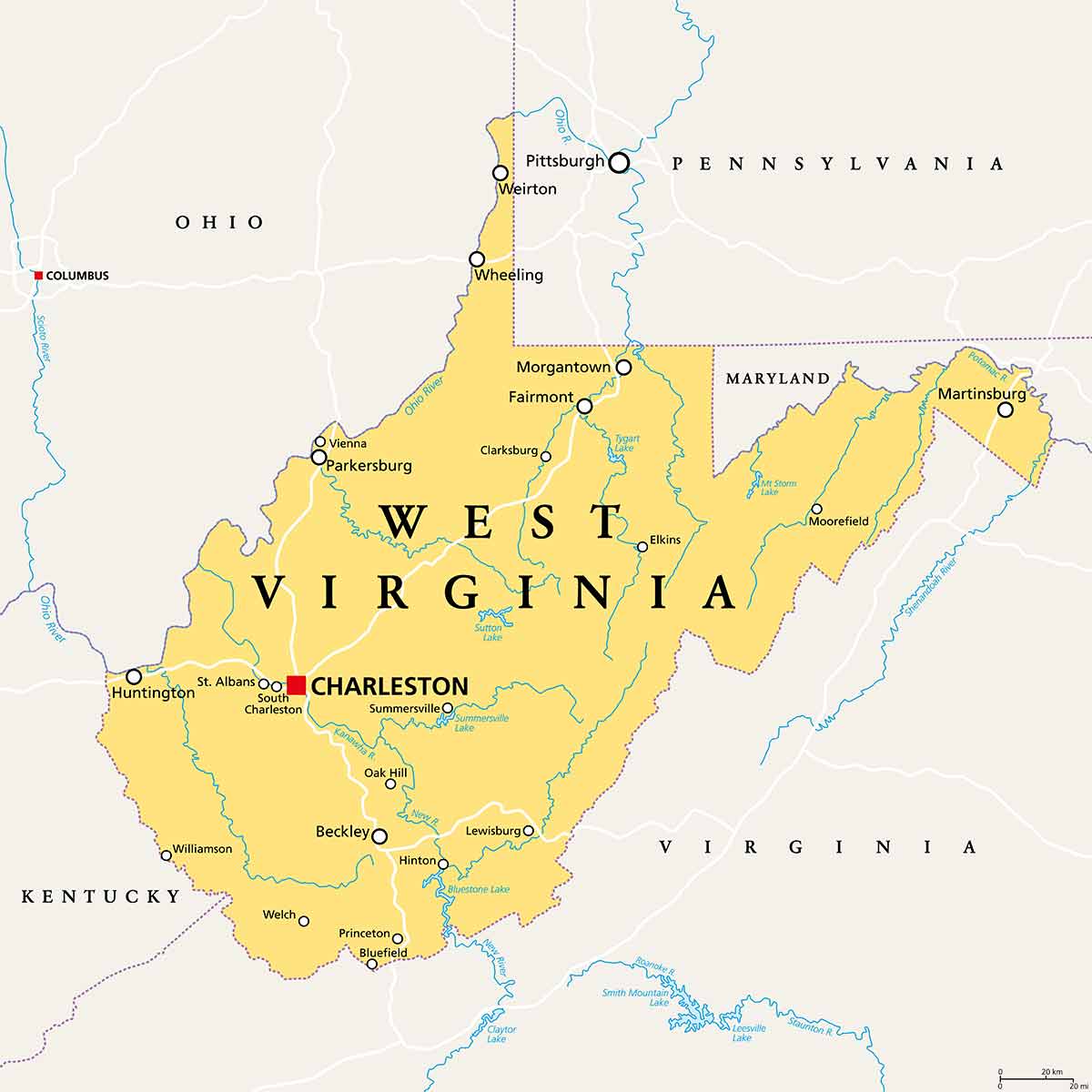The PVV, whose manifesto includes calls for bans on mosques, the Qur’an and Islamic headscarves in government buildings, was predicted to win 35 seats in the 150-seat parliament, more than double the number it won in the previous ballot in 2021.
However, it is unclear whether Wilders – whose party has finished second and third in previous elections, but always been shut out of government – will be able to win enough support to form a coalition with a working parliamentary majority.
“I call on the parties,” Wilders said in an initial reaction after the vote. “The campaign is over and the voters have spoken. Now we will have to look for agreements with each other. With a wonderful position of 35 seats, the PVV can no longer be ignored.”
He insisted in his victory speech that he was “confident we can reach an agreement”, adding: “I understand perfectly well we should not take any measures that would be unconstitutional.”
Far-right figures across
Europe including Hungary’s Viktor Orban, France’s Marine Le Pen, Matteo Salvini in Italy and Germany’s AfD rushed to congratulate the PVV leader.
But the heads of the three other biggest Dutch parties have all said they would not serve in a PVV-led cabinet.



